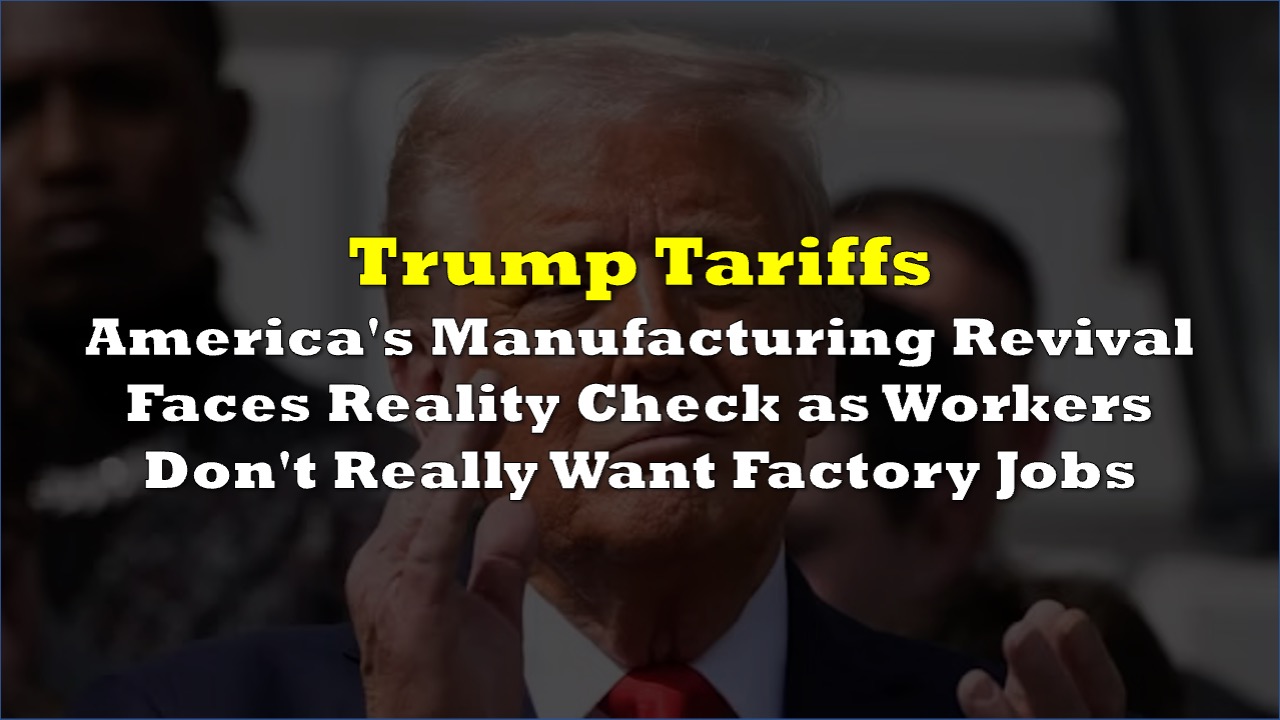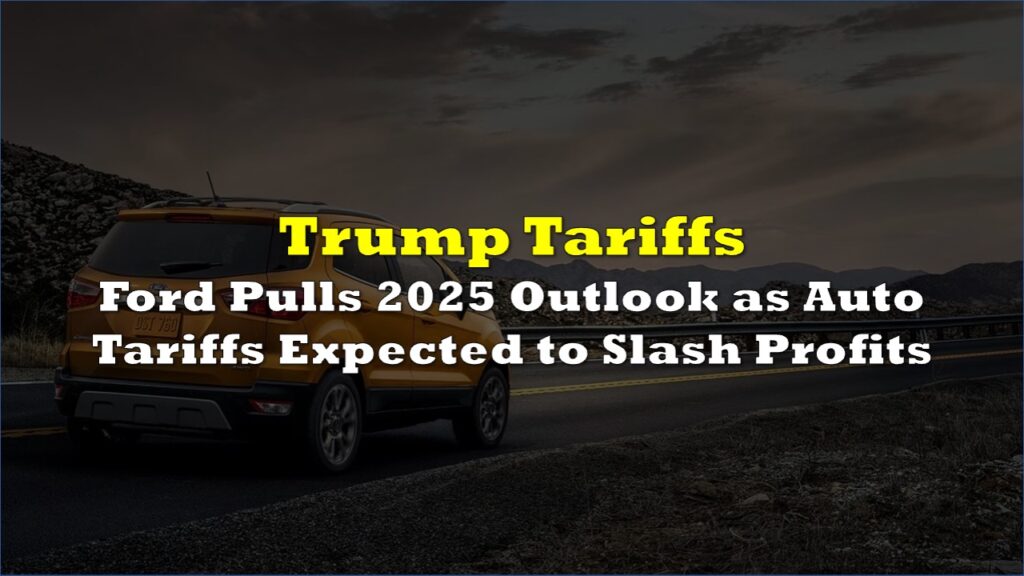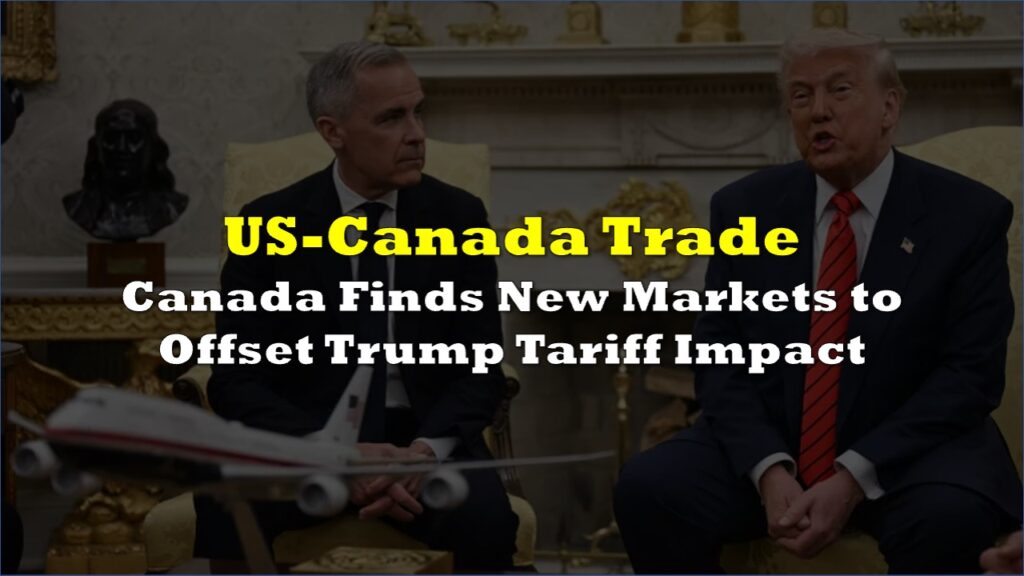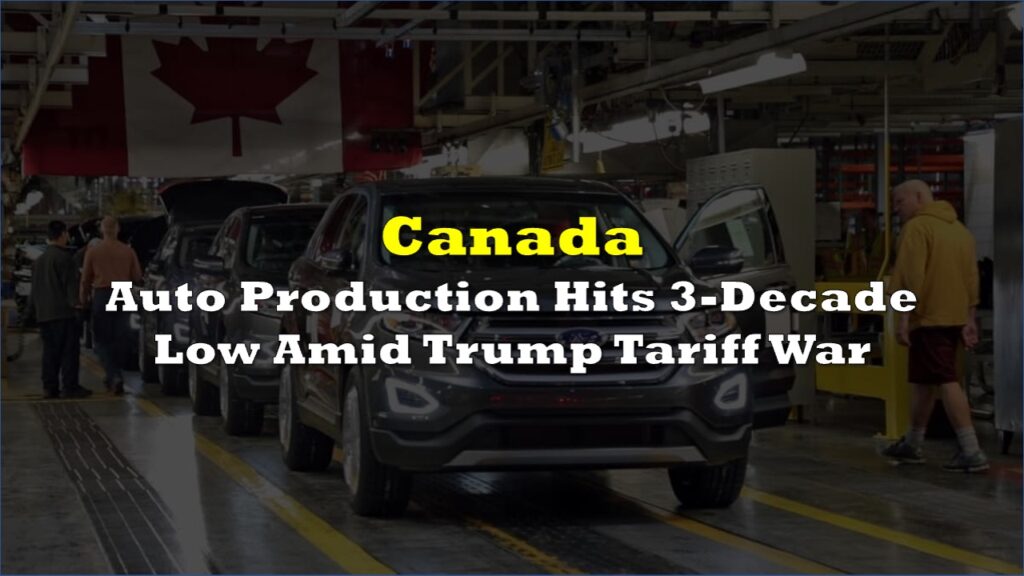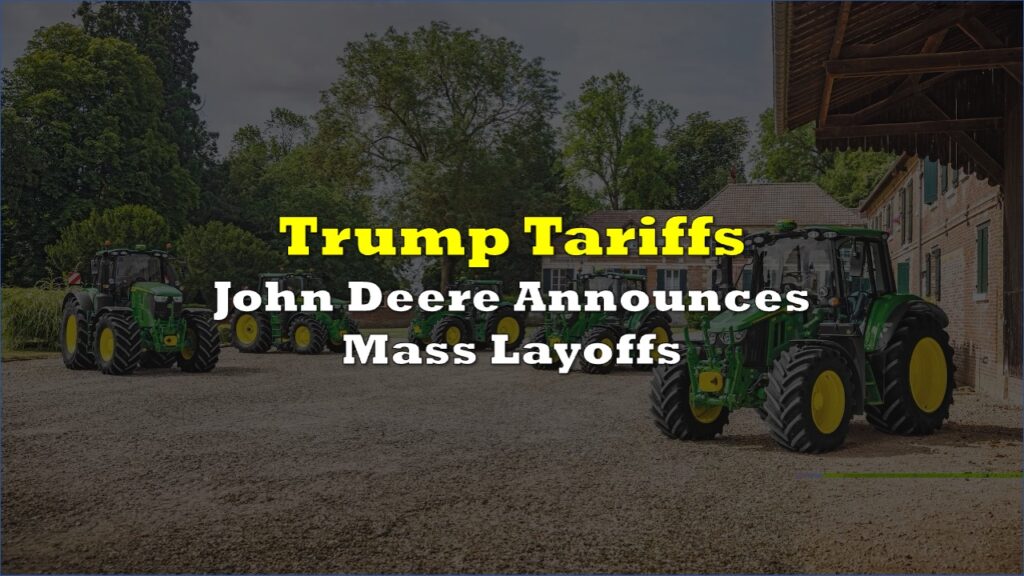President Donald Trump has made revitalizing American manufacturing a cornerstone of his economic agenda, promising that sweeping tariffs will bring shuttered factories “roaring back” to the United States. But experts warn this vision faces a significant obstacle: Americans themselves show little interest in factory work.
During what Trump called “Liberation Day,” he announced plans to impose steep tariffs on imported goods, with Commerce Secretary Howard Lutnick outlining an ambitious vision where “armies of millions screwing in little screws to make iPhones” would return to America.
However, economic analysts remain deeply skeptical. Kamal Munir, Professor at Cambridge University, pointed out in Al Jazeera that Steve Jobs once explained to President Obama why iPhone manufacturing couldn’t return to America: “Those jobs aren’t coming back. Supply chains and ecosystems that sustain manufacturing take years to get going.”
A 2024 Cato Institute survey underscores this challenge, revealing that while 80% of Americans believe the country would benefit from more manufacturing jobs, only 25% of non-manufacturing workers would personally consider factory work for themselves.
“America would be better off if more people worked in manufacturing.”
— Frank Luntz (@FrankLuntz) April 13, 2025
• 80% of Americans agree
• 20% disagree
“I would be better off if I worked in a factory.”
• 25% of Americans agree
• 73% disagree
• 2% currently work in a factory
👉🏻 https://t.co/ycnHVZ1gT1 pic.twitter.com/4NXb0GLK5L
This contradiction reflects what some economists describe as “manufacturing nostalgia” rather than practical economic planning. The Financial Times’ Tej Parikh calls it a “backwards” approach, noting that American manufacturing output has actually increased over decades despite employing fewer workers due to automation and productivity improvements.
Dan Ives, a Wedbush analyst, estimated that Apple would need at least three years and $30 billion just to shift a tenth of its supply chain from Asia to the US, highlighting the enormous costs of reshoring production.
Related: Trump’s Counter-Counter Tariffs Trigger Worldwide Fallout
The Cato survey also revealed that Americans’ willingness to pay for domestically manufactured goods has clear limits. While 75% of respondents claimed to prefer American-made products, support for policies like tariffs collapsed when confronted with significant price increases.
Matt Stewart, writing in The Hill, suggests America’s economic future lies not in reviving traditional manufacturing but in embracing tech-enabled services that “provide good-paying employment to individuals who have not earned a college degree.”
Information for this story was found via the sources and companies mentioned. The author has no securities or affiliations related to the organizations discussed. Not a recommendation to buy or sell. Always do additional research and consult a professional before purchasing a security. The author holds no licenses.

